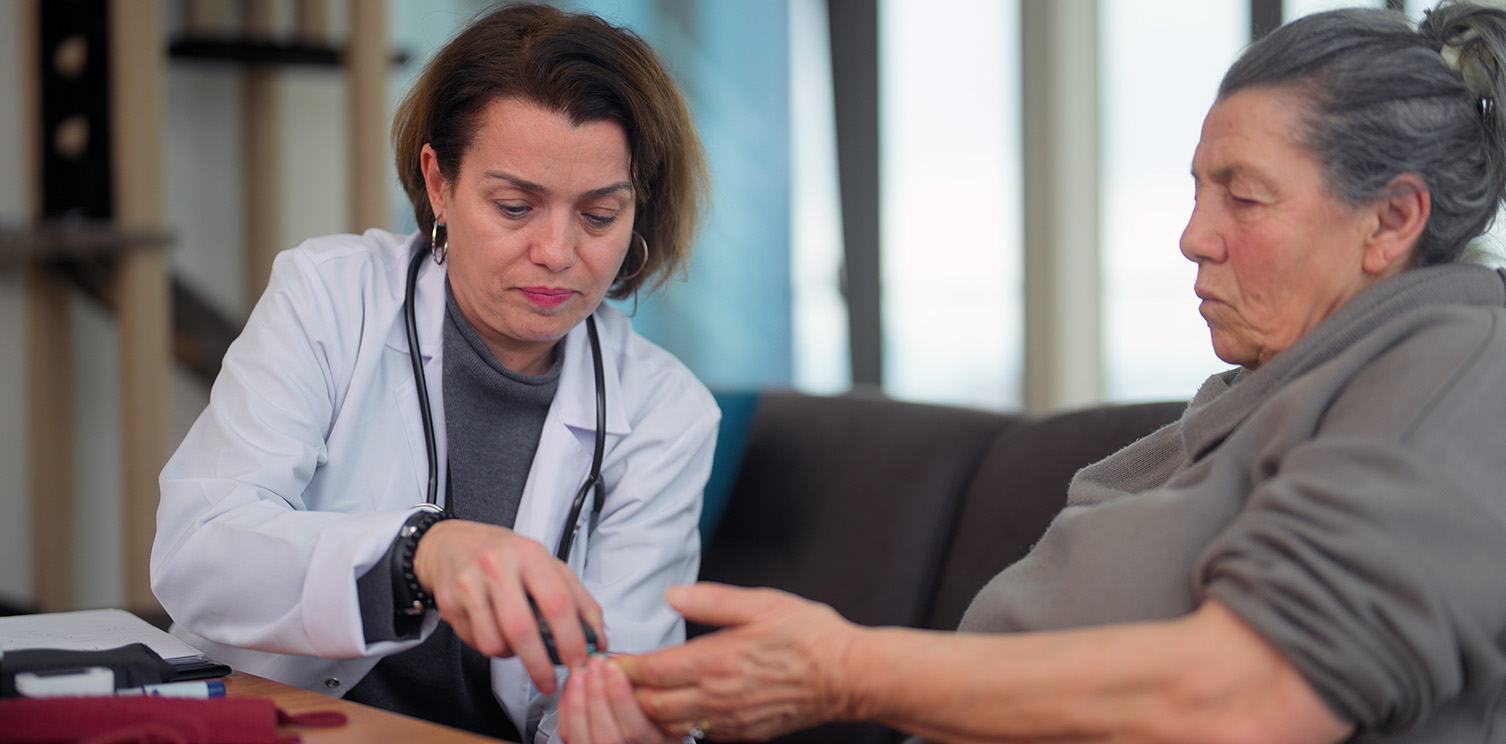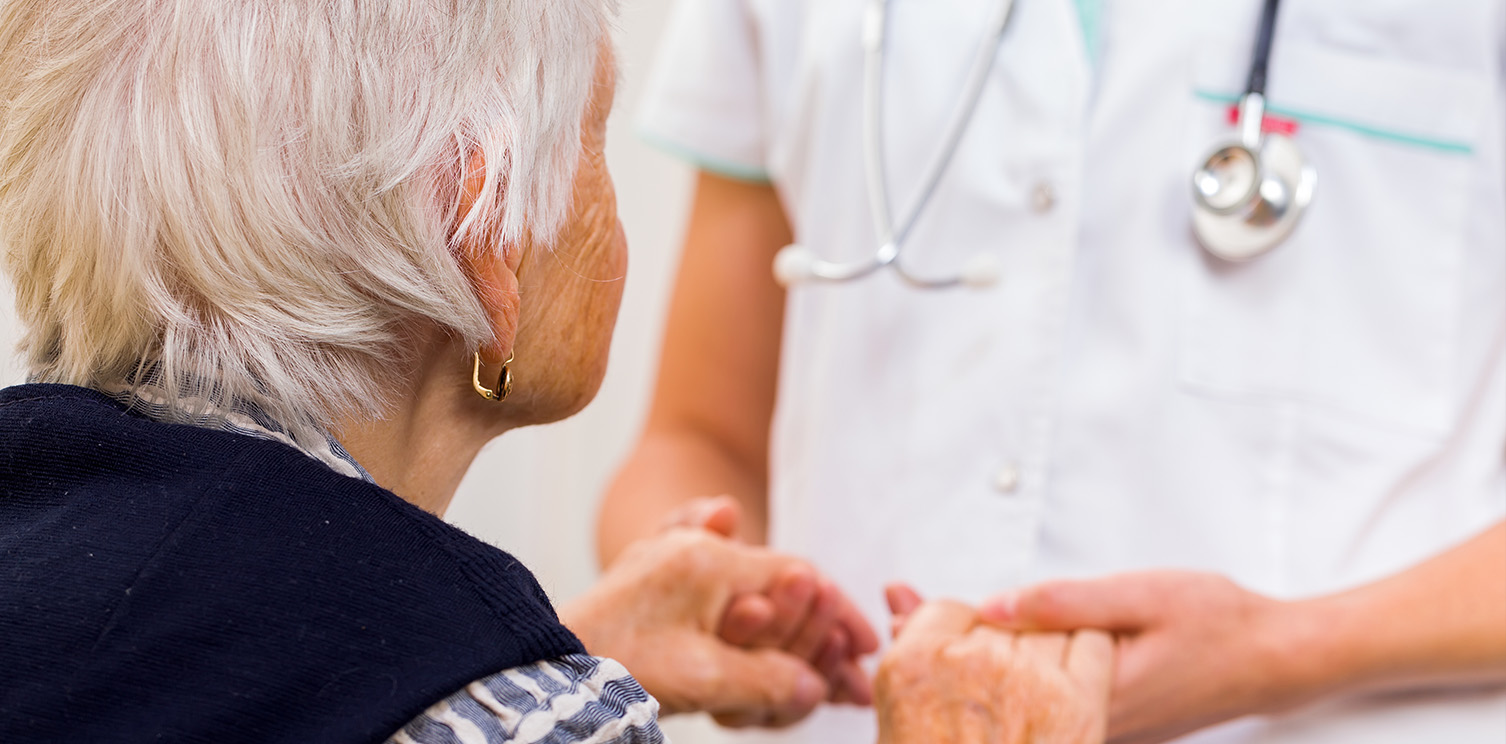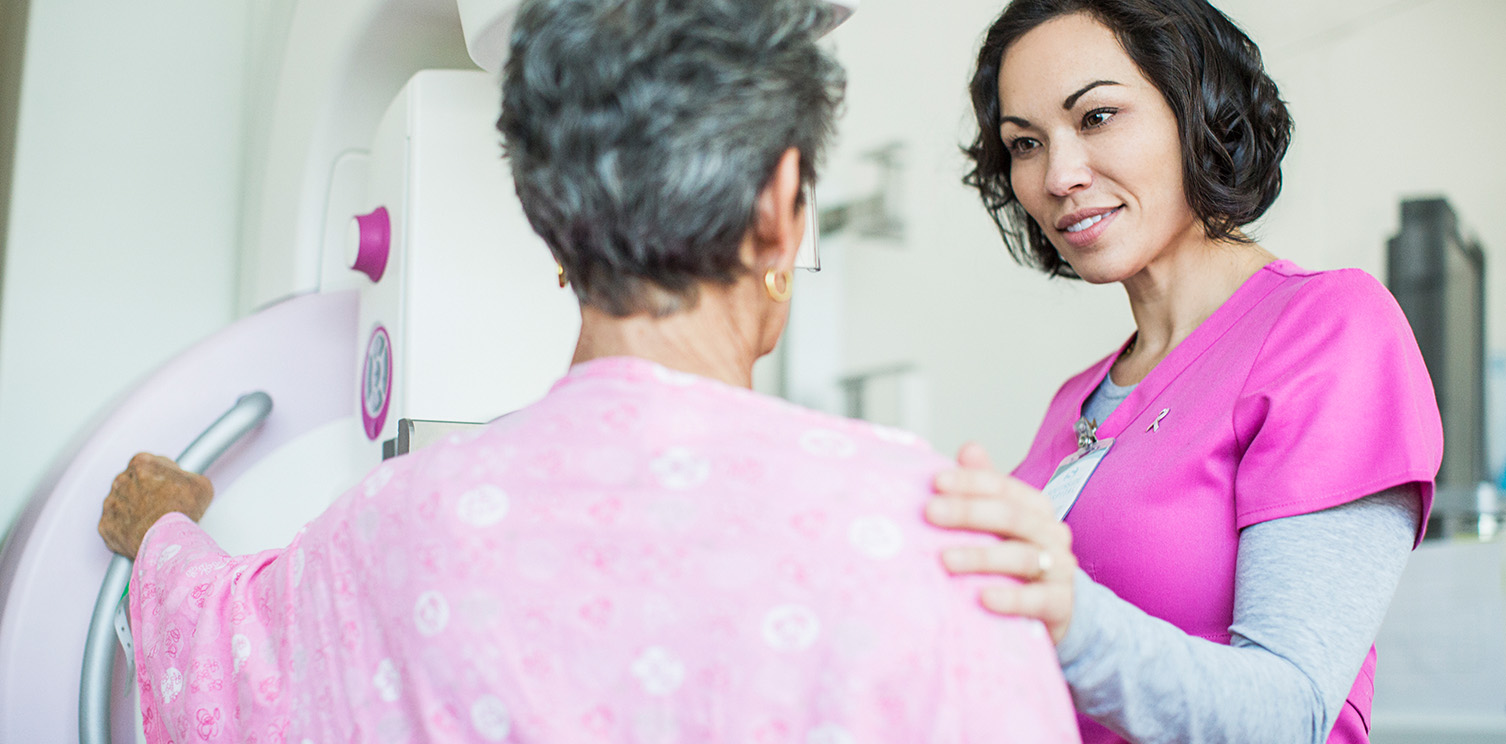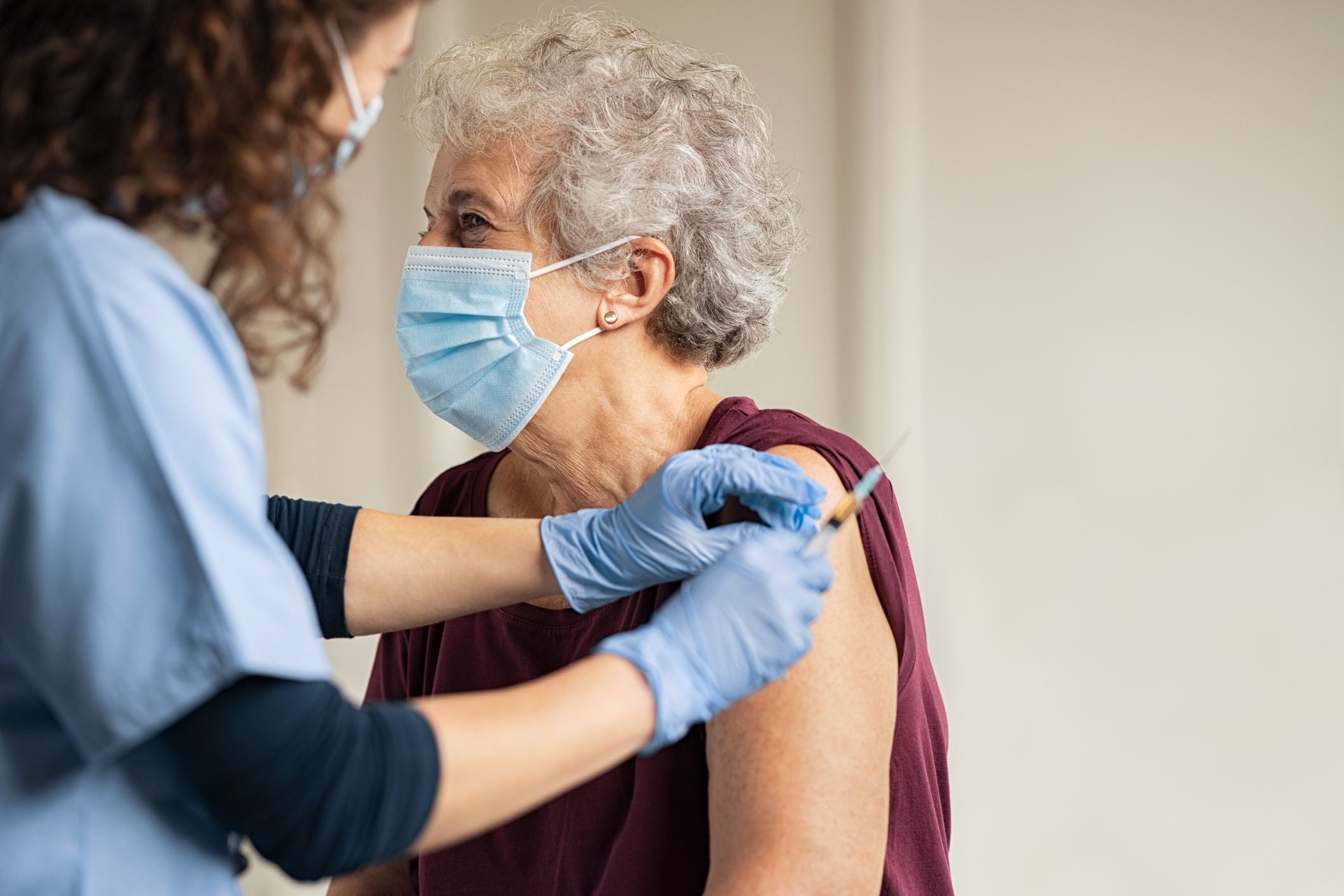Hypoglycemia and Diabetes
If you have diabetes, hypoglycemia (low blood sugar) can cause further health problems. But it can be managed. Here’s everything you should know.

What Is Hypoglycemia?
The common name for hypoglycemia is low blood sugar.
Every day, depending on time of day and your activity (eating, exercising, resting), your blood sugar (glucose) levels will change. That’s normal. And if the changes come within a certain range, you probably won’t notice. But if your blood sugar drops below the healthy range – 70 milligrams per deciliter of blood for most people – you have hypoglycemia.
Diabetic hypoglycemia (also known as insulin shock) happens when someone who has diabetes doesn't have enough sugar in their blood.
If you have diabetes and low blood sugar that isn’t treated, you can have serious health problems. Glucose is the fuel for the body and brain. You won't function well if you don't have enough. You’ll need to act quickly by having food or medicine to get back up within a healthy range.
You can speak to your doctor about what the healthy blood-sugar range looks like for you.
Signs and Symptoms of Low Blood Sugar
Each person’s body responds differently to hypoglycemia. Take the time to write down and know your own signs and symptoms. Some may include:
- Feeling shaky
- Feeling nervous or anxious
- Sweating and chills
- Irritability
- Confusion
- Rapid heartbeat
- Getting lightheaded or dizzy
- Hunger
- Nausea
- Skin losing its color (pallor)
- Fatigue
- Blurred or impaired vision
- Lips, tongue or cheeks tingling or numb
- Headaches
- Clumsiness
- Nightmares or crying out while you’re sleeping
Complications From Hypoglycemia
If you ignore your symptoms of low blood sugar, you could pass out. Because your brain needs glucose to function, it could shut down. If untreated, hypoglycemia can lead to:
- Seizures
- Loss of consciousness
- Death
Take your symptoms seriously. Diabetic hypoglycemia can raise the risk of having accidents, too.
Causes and Risk Factors
Common causes of diabetic hypoglycemia include:
- Taking too much insulin or diabetes medicine
- Not eating enough
- Postponing or skipping a meal or snack
- Increasing exercise or physical activity without eating more or adjusting your medicines
- Drinking alcohol
Some people have a greater risk of diabetic hypoglycemia, including:
- People using insulin
- People taking diabetes drugs called sulfonylureas, like:
- Glipizide (Glucotrol)
- Glimepiride (Amaryl)
- Glyburide (Diabeta, Glynase)
- Older adults
- People with liver or kidney disease
- People who have had diabetes for a long time
- People who don't feel symptoms
- People taking many medicines
- Anyone with a disability that stops them from responding to falling blood sugar levels
- People who drink alcohol
Treatment
Treatment usually follows the 15-15 rule – have 15 grams of carbohydrates to raise your blood sugar. Then check your blood sugar after 15 minutes. If it’s below your target range, have another serving of carbs.
Repeat these steps until your blood glucose is back to normal range. Once your blood sugar is back up, eat a meal to be sure your blood sugar doesn’t go down again.
To get 15 grams of carbs, use:
- Glucose tablets (see instructions)
- A gel tube (see instructions)
- Four ounces (1/2 cup) of juice or regular soda (not diet)
- A tablespoon of sugar, honey or corn syrup
- Hard candies, jellybeans or gumdrops — read the label for how many to eat
Make a note about any low-blood-sugar periods. And talk with your doctor about why it happened. They can give you ways to avoid low blood sugar.
Here's some emergency info to keep on hand. If you're with someone who isn’t conscious or can't swallow due to low blood sugar:
- Don't inject insulin. It can cause blood sugar levels to drop even further.
- Don't give fluids or food. These could cause choking.
- Give glucagon (a hormone that treats low blood sugar) by injection or a nasal spray.
- Call 911 or emergency services if:
- You don’t have Glucagon.
- You don't know how to use it.
- The person isn't responding.
If you have symptoms of hypoglycemia a few times a week or more, see your doctor. You might need to change your medicine dose or timing, or otherwise change your treatment plan.
Preventing and Managing Hypoglycemia
You can follow these steps to try to stop the onset of low blood sugar and deal with it if it happens:
- Watch your blood sugar. Depending on your treatment plan, you may check and record your blood sugar level a few times a week or each day. It’s the best way to be sure your blood sugar level stays in your healthy range.
- Don't skip meals or snacks. If you take insulin or oral diabetes medicine, eat the right amount at the right times of day.
- Take your medicine in the right amount and on time. Take your medicine as prescribed by your doctor.
- Adjust your medicine level or eat more if you’re more active. The adjustment depends on the blood sugar test results, the type and length of the activity, and what medicines you take. Follow your diabetes treatment plan when making adjustments.
- Eat food when you have alcohol, if you choose to drink. Drinking alcohol on an empty stomach can cause hypoglycemia. Alcohol may cause delayed hypoglycemia hours later, too, which makes it even more important to check your blood sugar.
- Record your low-glucose signs and symptoms. Taking notes can help you and your doctor find patterns related to hypoglycemia and ways to prevent them.
- Carry some form of diabetes ID in case of emergency. Use a medical ID necklace or bracelet and wallet card, so people know you have diabetes.
Popular Tags:
Previous Article

The Facts About RSV
Next Article

Is It Time for a Mammogram?

Wellness Starts With Us.
Subscribe for updates.
By providing your email address, you agree to receive communications from Braven Health via email.
Fields marked with an asterisk (*) are required.
Thanks for subscribing.
We just sent you an email to confirm your subscription. Please check your spam/junk folder if you can’t find our email.



